Keynote Speaker
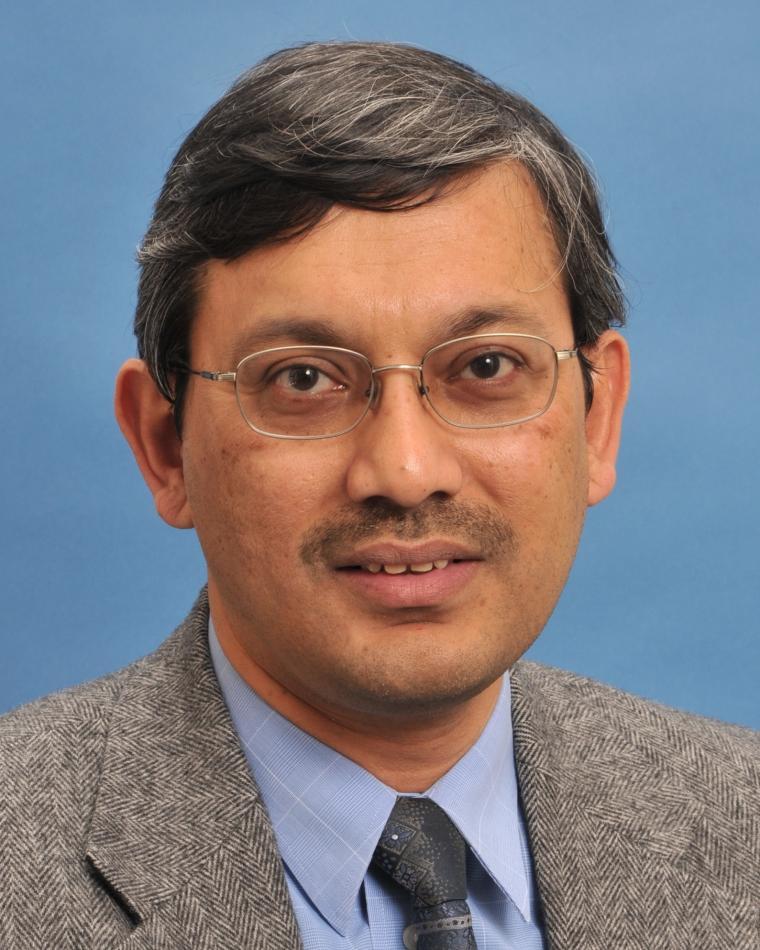
Mohammed Atiquzzaman, The University of Oklahoma, USA
Title: Car-to-car Communication-enabled Internet of Vehicles
Abstract: Modern vehicles are equipped with many sensors for measuring vehicle operating conditions and the surroundings, including weather conditions, and can be viewed as a web of sensors on wheels. They can sense a range of information about the vehicle, such as location, speed, braking intensity, road traction, etc., some of which can represent road weather conditions. Lots of crashes happen due to the driver being unaware of the surrounding road weather conditions, such as icy patches and frozen pavement. By facilitating vehicles within an area to exchange information between themselves in real-time, the drivers can be instantly alerted about road hazards and possibly avoid potential crashes. The talk will discuss ways to increase the safety of drivers and thus reduce crashes resulting from adverse road weather conditions. This was achieved by disseminating, in real-time, the information collected by a vehicle to its surrounding vehicles using state-of-the-art wireless communications between vehicles. The information was also communicated to roadside infrastructure to increase driver safety; for example, the duration of the traffic signals at a junction can be changed dynamically in response to current road weather conditions transmitted by vehicles in the surrounding area.
Bio: Mohammed Atiquzzaman (Senior Member, IEEE) obtained his M.S. and Ph.D. in Electrical Engineering and Electronics from the University of Manchester (UK) in 1984 and 1987, respectively. He holds the Edith J Kinney Gaylord Presidential professorship and Hitachi Chair professorship in the School of Computer Science at the University of Oklahoma.
Dr. Atiquzzaman is the Editor-in-Chief of the Journal of Networks and Computer Applications, the founding Editor-in-Chief of Vehicular Communications, and serves/served on the editorial boards of many journals, including IEEE Transaction on Mobile Computing, IEEE Journal of Selected Areas in Communications, IEEE Communications Magazine, Real Time Imaging Journal, International Journal of Communication Networks and Distributed Systems and Journal of Sensor Networks. He co-chaired the IEEE High Performance Switching and Routing Symposium (2003, 2011), IEEE Globecom and ICC (2014, 2012, 2010, 2009, 2007, 2006), IEEE VTC (2013) and the SPIE Quality of Service over Next Generation Data Networks conferences (2001, 2002, 2003). He was the panels co-chair of INFOCOM’05, and is/has been on the program committee of many conferences such as INFOCOM, Globecom, ICCCN, ICCIT, Local Computer Networks, and serves on the review panels at the National Science Foundation. He was the Chair of IEEE Communication Society Technical Committee on Communications Switching and Routing.
Dr. Atiquzzaman received the IEEE Communications Society’s Distinguished Technical Achievement Award, Satellite and Space Communications Technical Recognition Award, IEEE Communications Society Distinguished Service Award, IEEE Communication Society’s Fred W. Ellersick Prize, He received the NASA Group Achievement Award for “outstanding work to further NASA Glenn Research Center’s effort in the area of Advanced Communications/Air Traffic Management’s Fiber Optic Signal Distribution for Aeronautical Communications” project. He has been the IEEE Communications Society Distinguished Lecturer since January 2020. He co-authors the book “Performance of TCP/IP over ATM networks” and has over 400 refereed publications, available at www.cs.ou.edu/~atiq.
His current research interests include transport protocols, wireless and mobile networks, ad hoc networks, satellite networks, power-aware networking, and optical communications. He has been funded by the National Science Foundation (NSF), the National Aeronautics and Space Administration (NASA), the U.S. Air Force, the Oklahoma Department of Transportation, the Oklahoma Highways Safety Office, Cisco, and Honeywell.
Keynote Speaker
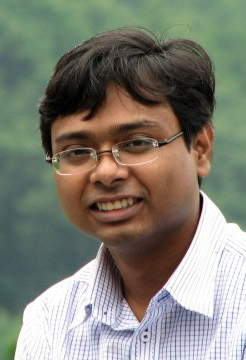
Shahriar Nirjon, University of North Carolina at Chapel Hill, USA
Title: Intermittent Learning on Harvested Energy
Abstract: Years of technological advancements have made it possible for small, portable, electronic devices of today to last for years on battery power, and last forever – when powered by harvesting energy from their surrounding environment. Unfortunately, the prolonged life of these ultra-low-power systems poses a fundamentally new problem. While the devices last for years, programs that run on them become obsolete when the nature of sensory input or the operating conditions change. The effect of continued execution of such an obsolete program can be catastrophic. For example, if a cardiac pacemaker fails to recognize an impending cardiac arrest because the patient has aged or their physiology has changed, these devices will cause more harm than any good. Hence, being able to react, adapt, and evolve is necessary for these systems to guarantee their accuracy and response time. We aimed at devising algorithms, tools, systems, and applications that will enable ultra-low-power, sensor-enabled, computing devices capable of executing complex machine learning algorithms while being powered solely by harvesting energy. Unlike common practices where a fixed classifier runs on a device, we take a fundamentally different approach where a classifier is constructed in a manner that it can adapt and evolve as the sensory input to the system, or the application-specific requirements, such as the time, energy, and memory constraints of the system, change during the extended lifetime of the system.
Bio: Dr. Shahriar Nirjon is an Associate Professor of Computer Science at the University of North Carolina at Chapel Hill, NC. He is interested in Embedded Intelligence – the general idea of which is to make resource-constrained real-time and embedded sensing systems capable of learning, adapting, and evolving. Dr. Nirjon builds practical cyber-physical systems that involve embedded sensors and mobile devices, mobility and connectivity, and mobile data analytics. His work has applications in the area of remote health and wellness monitoring, and mobile health. Dr. Nirjon received his Ph.D. from the University of Virginia, Charlottesville, and has won a number of awards including four Best Paper Awards at Mobile Systems, Applications and Services (MOBISYS 2014), the Real-Time and Embedded Technology and Applications Symposium (RTAS 2012), Distributed Computing in Sensor Systems (DCOSS ’19), and Challenges in AI and Machine Learning for IoT (AIChallengeIoT ’20). Dr. Nirjon is a recipient of the NSF CAREER Award in 2021. Prior to UNC, Dr. Nirjon has worked as a Research Scientist in the Networking and Mobility Lab at the Hewlett-Packard Labs in Palo Alto, CA.
Invite Speaker
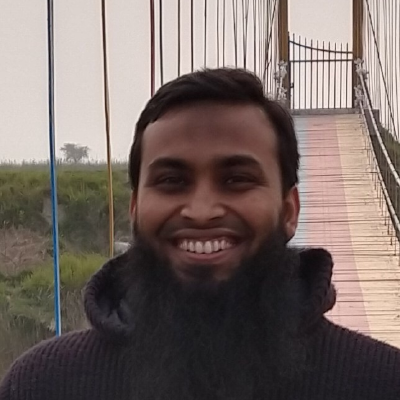
Md Rizwan Parvez, Qatar Computing Research Institute, Qatar
Title: Language Agents for Software Development!
Abstract: Large Language Models (LLMs) and Generative AI are becoming an integral part of day-to-day tasks at the personal and enterprise level due to their ability to carry out multifaceted language and cognitive tasks. The rapid advancements in LLM research have spurred the development of language agents for a wide array of applications, including writing assistants, translation services, and customer support, all aimed at enhancing human productivity. While language remains a central medium for interaction, the emergence of multimodal inputs and outputs—such as text, code, images, and video—has further broadened the impact of these technologies, reshaping diverse fields.
In particular, the ability of LLMs to generate source code (e.g., Python from natural language) has had a transformative effect on software development, significantly boosting engineering productivity. In this talk, I will discuss the challenges associated with code generation tasks, the methodologies for building effective language agents for program synthesis, their evaluation, and future directions for advancing this field.
Bio: Md Rizwan Parvez is a Scientist at Qatar Computing Research Institute (QCRI), with research interests in language-code integration, information retrieval, and multi-agent language modeling. His work has been featured in top-tier NLP venues such as ACL, EMNLP, and NAACL, and he is the author of several influential papers, including RedCoder, FilCo, xCodeEval, MapCoder, and Open-RAG. His works have also been highlighted in tech blogs/news such as MarkTechNews, Medium, and Youtube Podcast. Rizwan completed his Ph.D. in Computer Science at UCLA in June 2022, where he was awarded multiple graduate fellowships. Previously he has held roles as a Research Scientist at Bosch Research in Sunnyvale, CA and has completed research internships at leading organizations, including Microsoft Research, Salesforce Research, Facebook AI Research (FAIR), and Google Research.
Invite Speaker
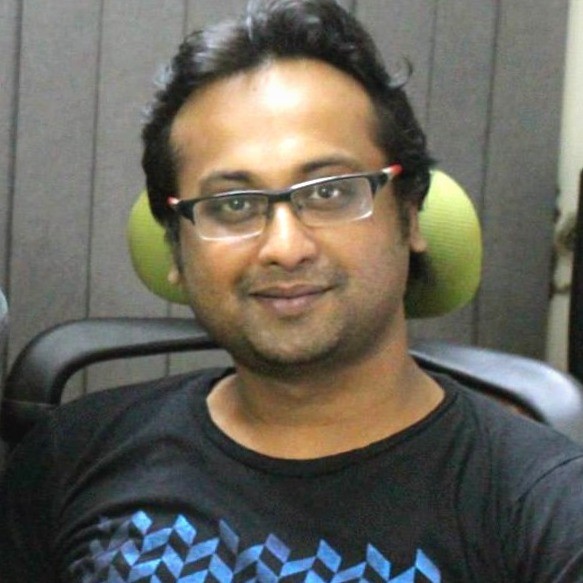
Golam Md Muktadir, Google, USA
Title: Generative Pedestrian Behavior Modeling for Long-tail, Interpretable, and Authentic Scenario Generation
Abstract: Autonomous vehicles must be thoroughly tested against safe and unsafe pedestrian behaviors and scenarios. However, more curated knowledge is needed about the diversity of pedestrian behavior on the road. This lack of understanding hinders the research and development of safe driverless vehicles on urban streets. This work identifies such behaviors, proposes an ontology, and provides several micro-behavior models and methods that can be used to generate long-tail, interpretable, and authentic scenarios in simulation. It addresses concerns for various stakeholders such as the public, regulators, researchers, and AV companies, and significantly impacts understanding the required level of pedestrian safety.
Bio: Golam Md Muktadir is a researcher in pedestrian behavior modeling, focusing on rare behaviors and scenarios for autonomous vehicle testing. His research focuses on simulation-based testing, which is interpretable and communicable and covers the diversity of pedestrians on the road. His contributions include research gaps in pedestrian behavior modeling, ontology, and addressing public concerns around pedestrian safety. He leads several research teams addressing pedestrian safety testing and standards for autonomous vehicles.
BUET ACM Chapter Speaker
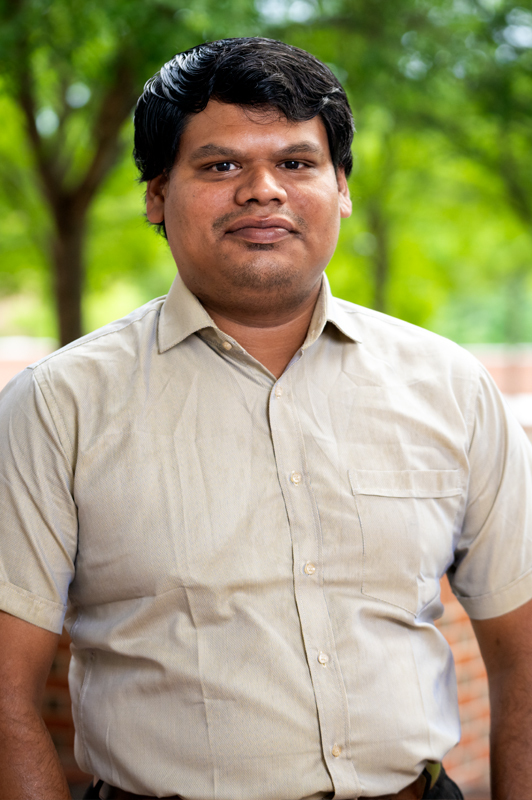
Akond Ashfaque Ur Rahman, Auburn University, USA
Title: On The Science of Security for Kubernetes Deployments
Abstract: Despite being beneficial for rapid delivery of software, Kubernetes deployments can be susceptible to security attacks, which can cause serious consequences. A systematic characterization of how community-prescribed security configurations, i.e., security configurations that are recommended by security experts, can aid practitioners to secure their Kubernetes deployments. To that end, we conduct an empirical study with 53 security configurations recommended by the Center for Internet Security (CIS), 20 survey respondents, and 356 configuration files obtained from open source software (OSS) repositories and 188 configuration files used by CompanyA. Our study is a followup of our prior work where we derived a taxonomy of security misconfigurations. Overall, our research on Kubernetes security shows the need of conducting more research with an empirical emphasis for securing Kubernetes deployments. The talk will outline a vision on these future research directions as well.
Bio: Akond Rahman is an assistant professor at Auburn University. His research interests include DevOps and Secure Software Development. He graduated with a PhD from North Carolina State University, an M.Sc. in Computer Science and Engineering from University of Connecticut, and a B.Sc. in Computer Science and Engineering from Bangladesh University of Engineering and Technology. He won the ACM SIGSOFT Doctoral Symposium Award at ICSE in 2018, the ACM SIGSOFT Distinguished Paper Award at ICSE in 2019, the CSC Distinguished Dissertation Award, and the COE Distinguished Dissertation Award from NC State in 2020. He actively collaborates with industry practitioners from GitHub, WindRiver, and others. His research is funded by the U.S. National Science Foundation (NSF) and the U.S. National Security Agency (NSA). To know more about his work visit https://akondrahman.github.io/
BUET ACM Chapter Speaker
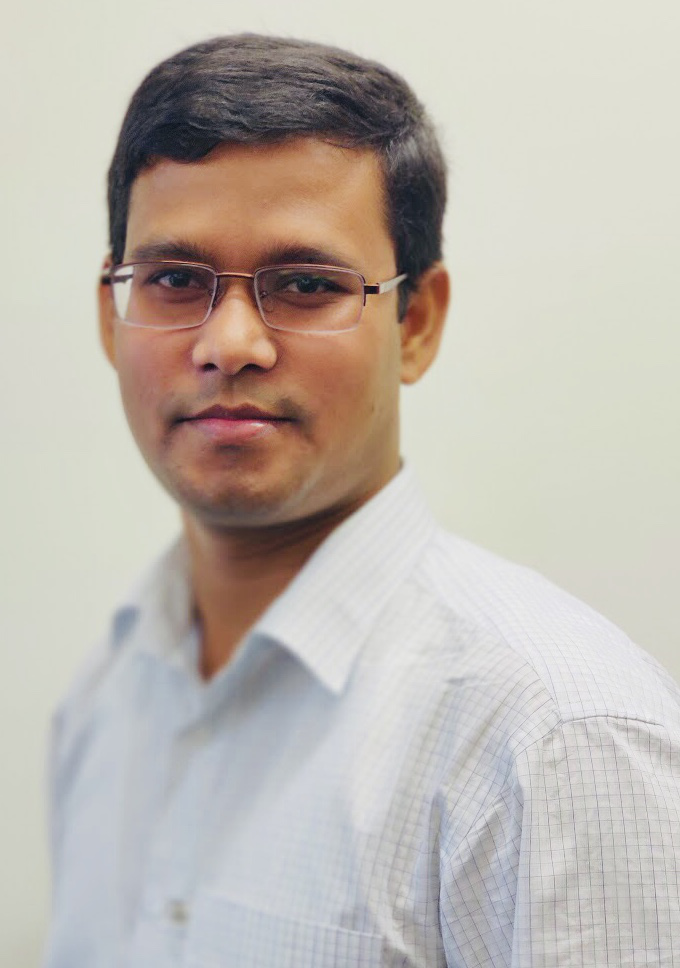
Muhammad Lutfor Rahman, California State University San Marcos, USA
Title: SMS Phishing: Insights from Five Studies and Directions for Future Research
Abstract: While SMS phishing attacks have become increasingly common as a form of social engineering, there have been limited studies conducted on this particular topic. To fill the gap, our lab conducted a series of studies on SMS phishing. In this talk, I will present the insights from five completed studies from our lab on the topic of SMS phishing , as well as discuss the directions for future research in this area. In the first study, we measured the success rate of SMS phishing attacks and explored various factors associated with it. In the follow-up study, we measured the efficacy of current SMS phishing detection tools and technologies. In the third study, we introduced https://smishtank.com/, a smishing analysis tool and dataset. In the fourth and fifth studies, we conducted quantitative and qualitative studies to understand user strategies for identifying real and fake SMS, respectively. In addition to the five completed studies, I will also be presenting ongoing and future research on SMS phishing and other cyber-related topics.
Bio: Dr. Muhammad Lutfor Rahman is an Assistant Professor in the Department of Computer Science and Information Systems at California State University San Marcos. His research interests are centered around Security and Privacy, Human Factors, and Cyber Threat Intelligence. His work has been accepted at top-tier conferences, including CCS, ECML-PKDD, ACSAC, FRONTIERS, FC, CODASPY, WISEC, CANS, and PST. To lay the foundation of SMS phishing research, he has developed an SMS phishing analysis tool called SmishTank (https://smishtank.com). Dr. Rahman earned his Ph.D. in Computer Science and Engineering from the University of California, Riverside, his MS in Computer and Information Sciences from the University of Alabama at Birmingham, and his BS in Computer Science and Engineering from Bangladesh University of Engineering and Technology. During the summers of 2018 and 2019, he had the opportunity to work as a visiting researcher at the US Army Research Laboratory in Los Angeles. He also has five years of experience in the software industry





